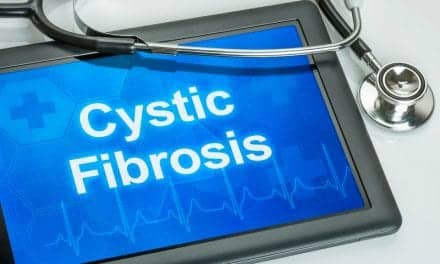A team of international researchers investigated whether cystic fibrosis patients might have an additional immune defect and found that the immunological cell surface molecule HLA-DQ is reduced or absent in many of these patients. Their results have been published recently in the Journal of Molecular Medicine.
HLA-DQ belongs to the MHC class II molecules, which can present crucial parts of invading microbes to immune cells such that the latter are activated leading to specific elimination of the pathogens. The class II molecules are strongly expressed on primary immune cells such as monocytes, macrophages and so-called dendritic cells. The study showed that HLA-DQ is reduced or absent in all these cell types in the blood and in the lung. Hence, all of the relevant antigen-presenting cells of the immune system are affected.
In order to uncover the molecular mechanism behind this defect, the team studied the different steps in the molecular regulation. In patients with a defect of HLA-DQ, the inflammatory messenger interferon-gamma was unable to induce the transcription factor CIITA along with a failure to increase HLA-DQ.
What remains unclear is the cause of the deficient interferon response and the contribution of defective HLA-DQ to the course of the disease. In further studies the scientists aim to develop a rapid test system for the immune dysfunction that may be of great importance for diagnosis and treatment of CF.










